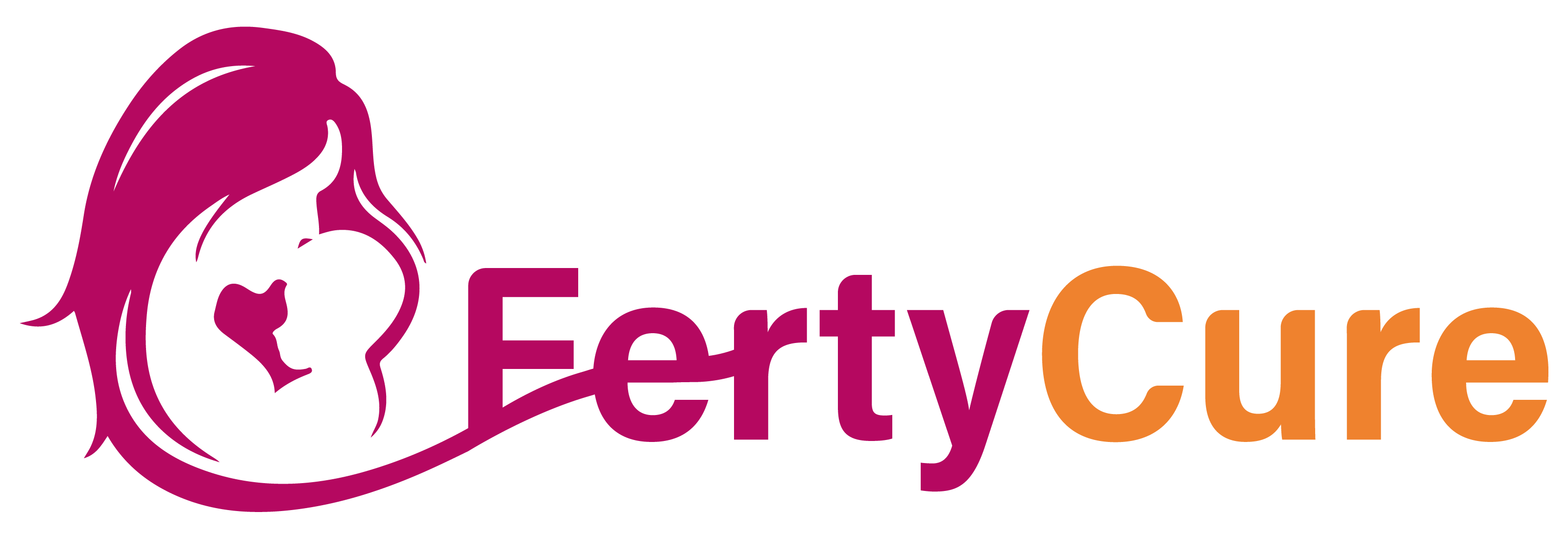Table of Contents
IVF Twins Explained
In vitro fertilization (IVF) has helped countless couples realize their dream of becoming parents. One fascinating outcome of IVF is the higher likelihood of having twins. IVF is a medical procedure where eggs are fertilized by sperm outside the body in a lab. The resulting embryos are then transferred to the woman’s uterus, where they can develop into a pregnancy. This technique is often used when couples face challenges in conceiving naturally due to various fertility issues.
Must Read: Common Reasons for IVF Failure
Why IVF Often Results in Twins:
- Multiple Embryo Transfer:To increase the chances of a successful pregnancy, doctors sometimes transfer more than one embryo into the uterus. This can lead to the development of multiple embryos, resulting in twins or even triplets.
- Embryo Splitting:Sometimes, a single embryo can split into two, leading to identical twins. This is less common but can happen with IVF just as it can in natural pregnancies.
- Controlled Ovarian Stimulation:IVF involves stimulating the ovaries to produce multiple eggs. When several embryos are available, transferring more than one can boost the chances of pregnancy but also increases the likelihood of twins.
Types of Twins in IVF:
- Fraternal Twins:These occur when two separate eggs are fertilized by two different sperm. They are genetically like regular siblings and can be of the same or different genders. Fraternal twins are more common in IVF due to the transfer of multiple embryos.
- Identical Twins:These occur when a single fertilized egg splits into two embryos. Identical twins share the same genetic material and are always the same gender. This can happen in IVF when an embryo splits after transfer.
Benefits and Challenges of Having IVF Twins:
- Benefits:
- Double Joy: For many parents, the idea of having two babies at once is exciting and fulfilling.
- Single Pregnancy: Some couples prefer to complete their family in one pregnancy rather than undergoing multiple cycles of IVF.
- Challenges:
- Health Risks: Twin pregnancies carry a higher risk of complications such as preterm birth, low birth weight, and gestational diabetes.
- Increased Care: Caring for two newborns can be physically, emotionally, and financially demanding.
- Medical Costs: Twin pregnancies often require more medical care, which can increase costs.
Reducing the Chances of Twins in IVF:
- Single Embryo Transfer (SET):Transferring just one embryo significantly reduces the chance of twins. Many fertility clinics now recommend SET, especially for younger women or those with good-quality embryos.
- Personalized Treatment Plans:Working closely with your fertility specialist to tailor the treatment plan to your specific needs can help balance the desire for a successful pregnancy with the risks associated with multiples.
Emotional Considerations:
- Counseling and Support:IVF can be an emotional rollercoaster. Having access to counseling and support groups can help you navigate the complexities and emotions of the process.
- Communication:Open and honest communication with your partner and healthcare team is crucial. Discuss your hopes, fears, and expectations to make informed decisions together.
Conclusion:
Understanding the possibility of having twins through IVF can help you prepare for the journey ahead. While twins bring double the joy, they also come with added responsibilities and risks. By working closely with your fertility specialist and considering the benefits and challenges, you can make the best decisions for your family’s future. IVF is a remarkable technology that opens the door to parenthood for many, and being informed can help you navigate the process with confidence and hope.

